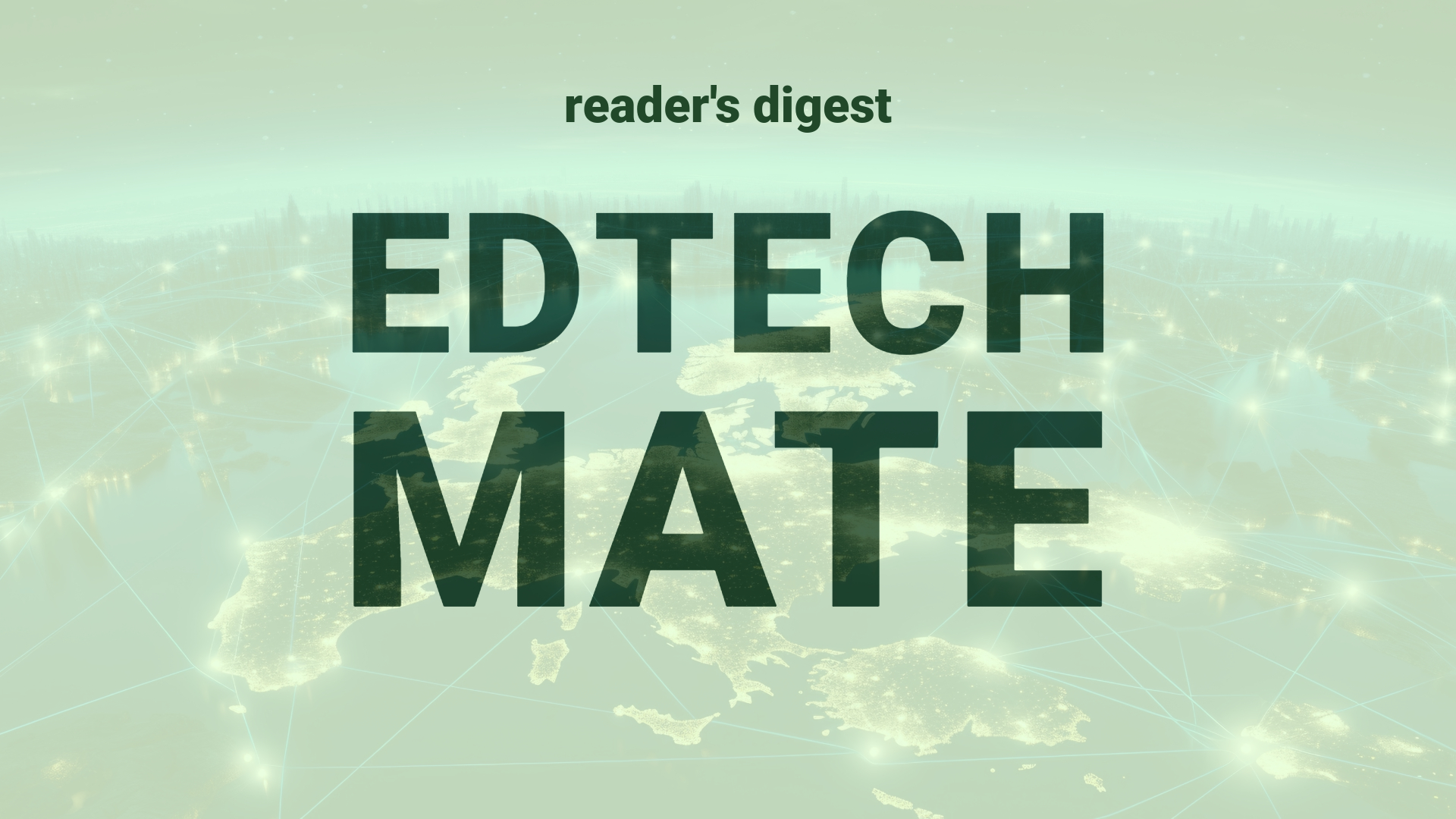Executive Summary and Main Points
The educational sector is witnessing a profound digital transformation, courtesy of advancements in artificial intelligence (AI), machine learning, and customer journey mapping. TIAA, a financial services organization, has set a precedent by revolutionizing its customer service operations. The firm’s Journey and Service Operations Center (JSOC) is an embodiment of this innovation, employing cutting-edge machine learning models in conjunction with Google AI to facilitate seamless customer experiences. This system not only improves service quality but also anticipates potential difficulties customers may encounter in their financial planning journeys.
Potential Impact in the Education Sector
The integration of AI and machine learning into service operations, as demonstrated by the JSOC initiative, holds significant implications for Further Education and Higher Education institutions. By adopting similar technologies, these institutions can enhance student lifecycle management, provide tailored academic advising, and streamline administrative services. Micro-credentials, too, can benefit from AI-powered platforms by leveraging predictive analytics to personalize learning paths and outcomes. Strategic partnerships with tech companies, akin to TIAA’s collaboration with Google AI, could accelerate digital transformation across the education sector, resulting in improved student engagement and outcomes.
Potential Applicability in the Education Sector
Institutions can take cues from TIAA’s JSOC model to implement innovative AI applications within their systems. These might include data-informed advising systems that guide students through their educational journeys, similar to how TIAA assists customers with financial decisions. Additionally, utilizing generative AI could offer personalized content creation for course materials or streamlined student feedback analysis, enhancing the overall educational experience. Furthermore, employing AI for operations (AIOps) within university infrastructure can significantly reduce incident response times and improve service delivery.
Criticism and Potential Shortfalls
While the JSOC model showcases remarkable advances, potential criticisms include heavy reliance on complex AI systems that could lead to a dehumanization of services if not carefully managed. In the context of global higher education, diverse student populations might present unique challenges not accounted for in machine learning models, potentially exacerbating inequality or cultural misunderstandings. International case studies illustrate that initiatives similar to JSOC must be adapted carefully to fit different cultural and ethical norms. Privacy concerns and ethical considerations, especially in handling sensitive student data, must also be addressed.
Actionable Recommendations
Institutions aiming to harness the potential of AI in education should consider the following strategies: Develop in-house expertise in AI and machine learning in collaboration with IT teams; source subject matter experts to ensure that AI tools are fine-tuned to the educational context; make iterative platform improvements based on real-world user feedback; adopt a human-centered design when deploying AI to maintain the human element in education; and lastly, engage in cross-sectoral partnerships to integrate the most effective AI technologies while adhering to ethical and data privacy standards.
Source article: https://www.cio.com/article/2097704/tiaa-modernizes-the-customer-journey-with-ai.html

